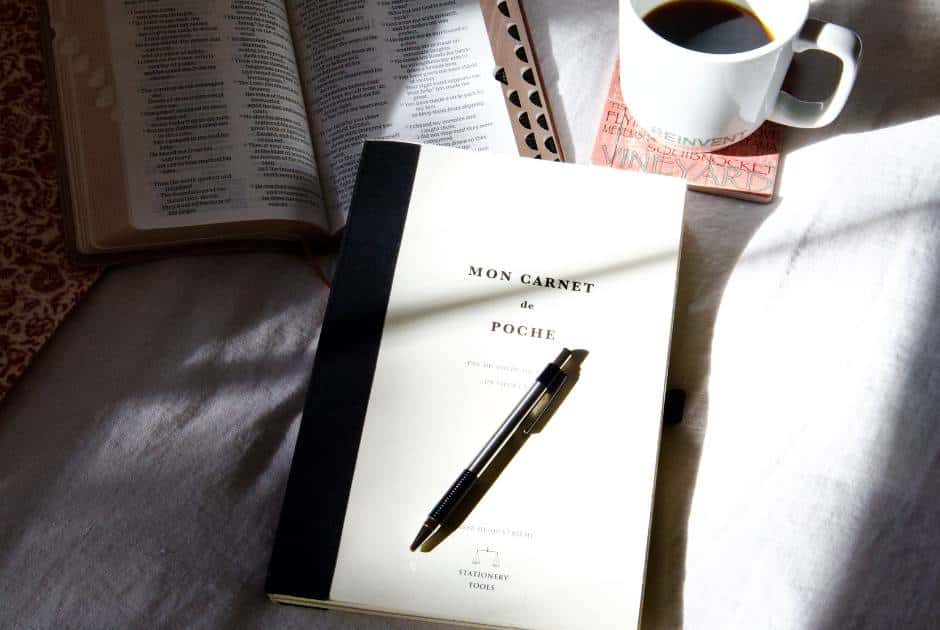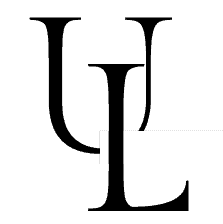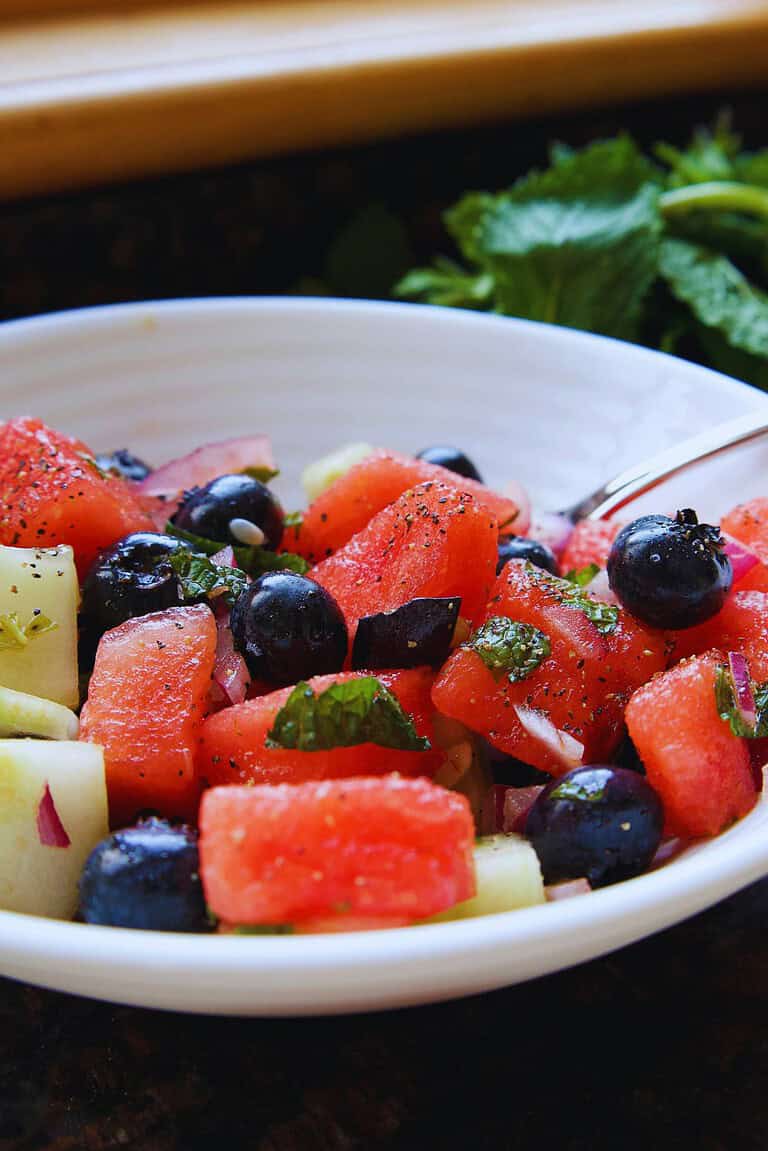Journaling Ideas For Beginners: Daily Writing Habits
Unlock the power of self-reflection with these journaling ideas for beginners, and develop daily writing habits that inspire personal growth.

Discover the transformative potential of daily journaling as we delve into practical and engaging journaling ideas for beginners.
From gratitude lists to stream-of-consciousness writing, these prompts will guide you on a fulfilling journey of self-discovery and expression.
Journaling is a great way to document daily life and explore personal development. It serves as a safe space for creative expression and a powerful tool for improving mental health.
Through journaling, we can gain a deeper understanding of our emotions and experiences. This makes it one of the most effective ways to nurture personal growth.
Key Takeaways:
- Journaling is a powerful tool for personal growth, mental health, and creative expression
- Journaling provides a safe space for creative expression and serves as a tool for improving mental well-being.
- Journaling can aid in gaining a deeper understanding of thoughts and emotions, fostering personal development.
How I Began Journaling
It seems I always had some kind of journal to write in, starting when I was very young. As a young girl, I received a small diary for my birthday one year, and it had its own lock and key. Boy, I sure did love that journal, and it made me feel so grown up and secretive.
I used to write in that little journal every single day before I went to bed. Perhaps I wanted to write my autobiography, I’m not sure, all at the tender age of nine.
Somewhere along the line, however, my journal writing began to feel more like a necessity than a desire.
At that young age, my days were pretty much the same – school, gymnastics practice, dinner, homework, and bed. It got to be where, although I wanted to write in my journal, I really didn’t have anything new to add. So instead of just leaving the pages blank, I began writing “same” on every single page of my journal! Until I had a day worthwhile and exciting to write about.
Looking back I wonder why I felt so hard-pressed to write something in my journal every day, even if it was only the same word! Why I felt that pressure I am not quite sure.
The Secret To Starting
Not knowing what to write in a journal is a common concern for beginners. To overcome this fear, may I suggest you start by writing down a list of things you are grateful for.
This shifts the focus from any troubles we may be experiencing, to the good things happening in our lives. It also helps us get into the flow of journaling.
Journal prompts are useful as well. They help to get the creative juices flowing and overcome any potential writer’s block.
Another simple way to get started writing in a journal is to reflect on our daily lives and express gratitude by writing about our favorite things.
These simple exercises serve as great prompts and help to ease us into the habit of journaling.

Digital vs Paper Journals: Which One Is For You?
One of the first things to decide is what kind of journal works best for you, a digital versus paper journal.
Digital Journal: A digital journal offers convenience and is an easy way to integrate multimedia elements like photos and videos. This type of journaling adds a dynamic dimension to journal entries.
Digital journals also enable quick access to specific entries. Your writing can easily be backed up and stored. This provides peace of mind that your entries are secure.
Paper Journal: Paper journals are loved by many for their tactile nature. They offer a sensory experience that many find more conducive to creativity and personal reflection – including me.
A paper journal offers simplicity and freedom from digital distractions. It can be particularly appealing to those seeking an analog, offline experience.
Ultimately, the choice between digital and paper journaling depends on your personal preference and specific goals regarding the journaling practice.
While digital journals excel in terms of accessibility and multimedia integrations, paper journals provide a tangible, tactile experience that can be deeply rewarding for writers.
It is important to consider these factors when choosing the most suitable journaling method.
Bullet Journaling: A Structured Approach
Another great way to get started journaling is by keeping a bullet journal. Bullet journaling is a unique method that combines journaling practices with a to-do list.
With its flexibility and customizable nature, bullet journaling serves as a powerful tool for organizing daily life. It also provides a safe space for personal reflection and goal setting.
By utilizing bullet points, short entries, and symbols, you can easily jot down tasks and occurrences. This serves as a great jumping-off point for further reflection later on in the future.
Bullet journaling is a creative way to journal, and it allows one to document both the small everyday occurrences as well as the big goals. It serves as a starting point for self-improvement and personal growth.
Gratitude Journaling: A Positive Habit
Expressing gratitude for the little things that happen on my caregiver journey is a wonderful way to focus on the positive emotions in my daily life.
It is a useful tool to help shift my focus from negative experiences to positive ones, and it often helps me through difficult times.
Research supports the benefits of gratitude journaling, showing that it can lead to increased happiness and reduced anxiety (1).
By maintaining a gratitude list, I have been able to gain a deeper understanding of the positive aspects of my life and find new insights into the present moment.
Gratitude journaling is a powerful practice that I encourage you to try as a jumping-off point for your journaling journey.

Creative Writing Journals: Let Your Artistic Side Take Over
Writing short stories, poetry, or even letters to one’s future self can provide a unique way to express gratitude, explore emotions, and gain new insights.
It is a safe space for personal growth and a powerful tool for self-reflection and creative expression.
I find creative writing, using my journal to write letters and stories, is a powerful way to channel my creative juices and constructively process emotion.
Whether I am diving into a fictional world or capturing a particular moment in my everyday life, creative journaling is an invaluable part of my journaling endeavors.
Reflective Journaling: Gaining Personal Insight
Reflective journaling allows us to explore emotional experiences and observe patterns of behavior. This can provide valuable insight into one’s reactions and feelings.
When I read about past events in my journals, and how I react to them, I can see core issues and/or recurring themes in my life.
This process helps me recognize both the positive and negative emotions I’ve experienced. Through this awareness, I have the opportunity to learn and grow from those experiences.
Reflective journaling helps us develop a greater sense of self-awareness. It helps us navigate difficult times by gaining clarity and perspective on thoughts and feelings.
This style of journaling can help to identify where areas of personal growth may be needed. It sets the stage for positive changes and allows for a deeper understanding of ourselves.
A Commonplace Book: A Collection Of Inspiration
A commonplace book is a method for journal enthusiasts to gather inspiration, uncover new ideas, and capture personal insights.
It involves collecting quotes, observations, and information, which can offer a rich resource for personal growth and creative expression.
A commonplace book serves as a valuable tool for creativity and knowledge. It provides a unique space to record thoughts, reflections, and artistic expressions.
By embracing the concept of a commonplace book, we can curate a diverse collection of ideas, wisdom, and inspiration. This helps support continuous personal development and creative exploration along our writing journey.

Travel Journals: Capturing Adventures
A travel journal is a safe space to express gratitude for the places visited, people met, and new adventures experienced.
By writing down the details of particular moments when traveling, we gain new insights and a deeper understanding of the impact those experiences have on our personal development.
Maintaining a travel journal not only preserves the memories but also provides a greater appreciation for the world that is unfolding around us.
Reflecting on journal entries later, allows us to relive the joy of past travel and to seek inspiration for future adventures.
It also provides a glimpse into the growth and development we’ve experienced. This can make it easier to confront and overcome challenges down the road.
Each travel adventure becomes a chapter in our ongoing travel journal. This gives us the chance to continue to evolve and discover through the written word.
Art Journals: Reflection And Creative Expression
Art journaling provides a unique way to express emotions non-verbally, using color, images, and textures to capture a range of feelings and experiences.
This style of journaling is a powerful tool for personal development and allows for creative expression and reflection on both the good and challenging aspects of daily life.
It is a unique way to dive into the present moment and explore the world around you, using a variety of artistic techniques and styles.
Whether it is collaging, painting, drawing, or mixed media, art journals offer an unlimited blank canvas for creative exploration and self-expression.
By engaging in art journaling, we can tap into our creative side, process emotions, and gain new insights, which makes art journaling an important journaling idea for beginners.
Food Journals: Exploring Culinary Adventures
Keeping a food journal can help us be mindful of what we eat but it also helps us explore the joy of eating by paying closer attention to the foods we consume.
It is not just about tracking calories or nutrients but also about savoring and appreciating the textures and flavors of the food and meals we enjoy.
By maintaining a food journal, we can gain a deeper understanding of our relationship with food, discover patterns in our eating habits, and make more conscious choices about what we eat.
When we document our culinary adventures, we also have a record of the beautiful meals we’ve prepared and savored. This creates tangible memories of joyful experiences centered around delicious food.
10 Journaling Ideas To Spark Inspiration
Use these 10 journaling ideas to spark inspiration and uncover the richness of your imagination.
Morning Pages For A Fresh Start
Morning Pages is about pouring out your thoughts, in a stream of consciousness, as soon as you wake up. It is meant to clear the mind and help you gain clarity for the day ahead.
Keeping a journal of morning pages is a great way to confront difficult emotions and start the day with a fresh perspective.
Morning pages are one of my favorite ways to keep a journal. By engaging in this daily ritual, I am able to get my worries and concerns out of my head and onto the page.
This practice serves as a mental and emotional release, in a safe space, which allows me to express my thoughts and feelings without judgment.
Morning pages provide me the opportunity to process any challenges or concerns I may have, leaving me with a sense of calm and purpose as I move forward with my day.
Overall, keeping morning pages helps me approach the day with a clear mind and ready to embrace whatever the day may bring.
The Power Of Lists
Using lists in your journal helps to visually map out your desires and priorities. This provides a structured approach to personal growth and development.
Creating a bucket list within your journal allows you to keep note of the exciting experiences and achievements you aim to accomplish.
Maintaining a list of your favorite things can serve as a source of inspiration and a reminder of the things that bring you joy.
Consider jotting down your personal goals to keep track of your aspirations and progress.

The Role Of Journaling In Goal Setting
Journaling serves as a powerful tool for setting, tracking, and achieving personal and professional goals.
You can use your journal to outline aspirations, break them down into manageable steps, and then monitor your progress over time.
Reflecting on previous experiences and challenges provides valuable insights that inform future goal-setting strategies.
Personally, journaling allows me to celebrate achievements and learn from my setbacks. When I look back at my journals in review, I can see a continuous cycle of growth and improvement.
With journaling, I can create a clear roadmap toward my ambitions and hold myself accountable to take the necessary steps to turn those aspirations into reality.
Turning Negativity Into Creativity
Instead of letting negative experiences way us down, we can use them as a starting point for personal reflection and growth.
By expressing these emotions on the pages of a journal, we can gain a deeper understanding of the core problems and then work through the tough times.
It is a way to turn challenges into a creative project and find new insights.
Journaling allows us to process emotions in a safe space. With each entry, we can explore different ways to tackle difficult emotions and then hopefully emerge with a fresh new perspective.
Through creative journaling, we can transform experiences into something meaningful, and embrace the power of creativity even amid challenging times.
Continuing The Journaling Journey
Journaling regularly and having a willingness and openness to try new journaling ideas is essential. It is important to embrace the process and remember that each new idea or prompt is an opportunity for growth and self-discovery.
We deepen our journaling practice, and continue to reap the many benefits it offers, when we stay committed and open-minded to the process.
Being open to new insights and creative ways of self-expression allows our journaling practice to evolve with us, as we continue to explore different techniques and styles.
Each entry holds the potential to unlock something new within us and makes the journey that much more enriching and meaningful.
Beyond The Final Pages
With your next personal journal, embrace the chance for discoveries and growth. Each journal completed marks a new chapter filled with the potential for creativity and self-reflection.
Look at your journal’s blank pages as a canvas for your thoughts, experiences, and dreams. Use this transition to set new intentions, explore different journaling ideas, and continue your journey of self-discovery.
Whether you just beginning your journal endeavors, or you are an experienced journal writer, there are so many possibilities and journaling ideas available to you. From new habits to explore, to fresh insights and experiences.
As you continue along on your journaling journey, and approach writing with an open mind, I hope that you enjoy filling the pages of your journal with thoughts, emotions, dreams, and inspiring aspirations.
FREE GUIDE: Encouraging And Inspiring Bible Verses For Caregivers
Check Out these additional Posts for Caregiver Support
Let’s Connect
I hope you enjoyed this article on journaling ideas, and please consider sharing it with friends and family.
Let me know in the comment section below what journaling techniques you use and if any of these journaling ideas helped you. I’d love to hear from you.
Reference
- https://www.ncbi.nlm.nih.gov/pmc/articles/PMC6305886/



